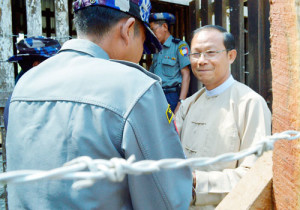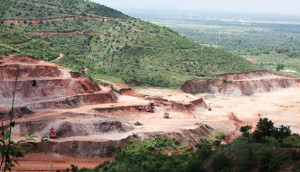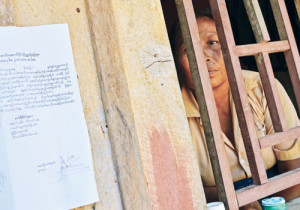By Vani Sathisan*
 To say that Facebook and other internet-based social media networks have revolutionized modern day communication would be an understatement. According to a report by the Human Rights Council’s Special Rapporteur on the promotion and protection of the right to freedom of opinion and expression, the global number of internet users has reached more than two billion. One million log onto Facebook every month. Twitter claims 500 million users and YouTube is viewed about 4 million times per day. After ideas expressed online have had an instant “viral” spread, revolutions have unfolded .
To say that Facebook and other internet-based social media networks have revolutionized modern day communication would be an understatement. According to a report by the Human Rights Council’s Special Rapporteur on the promotion and protection of the right to freedom of opinion and expression, the global number of internet users has reached more than two billion. One million log onto Facebook every month. Twitter claims 500 million users and YouTube is viewed about 4 million times per day. After ideas expressed online have had an instant “viral” spread, revolutions have unfolded .
And so have the prosecutions.
Judiciaries worldwide have had to struggle with what content is defamatory and what is self-expression.
The US Supreme Court, in Elonis v. United States [2015], considered the case of a defendant who had written, and posted on Facebook, apparently violent rap lyrics, including “I want to kill my wife” while he was undergoing a divorce. The court had to weigh up whether convicting a man of threatening another person requires proof of subjective intent to threaten or whether it would suffice to show that a “reasonable person” would regard the statement as threatening. It ruled in favour of the defendant stating that “negligence is not sufficient to support a conviction.” The defendant’s lawyer argued that his client was exercising his First Amendment rights and that governments may not prohibit the expression of an idea simply because certain factions of society find it offensive. Continue reading



